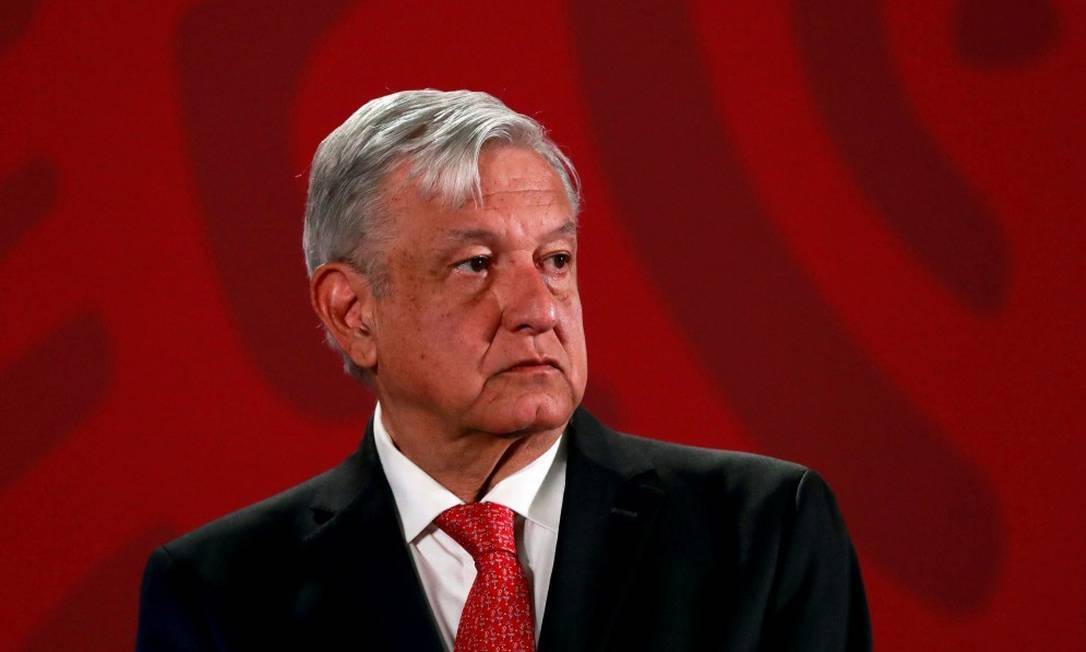RIO DE JANEIRO, BRAZIL – Already marked by severe inequality, Mexico has faced pressing socio-economic challenges since the first suspected cases of coronavirus.
The government is required to minimize the collateral damage to society and to combine this with a pandemic policy.

The initial restrictions to contain the rapid spread of the disease are leading to existential hardship for people in the lower and middle classes.
Last week, President Andrés Manuel López Obrador introduced an economic plan to address this. He is asking the US Blackrock fund management company for financial assistance.
In parallel, he lamented the fact that the United Nations was not “concerned about the equitable distribution of medicines and medical equipment” in Mexico.
Social life and trade are now severely restricted. As part of the economic crisis plan, the government intends to focus on assisting “casual workers and small and medium-sized companies”, as they are “economically the most affected by the health emergency”.
In addition to financial support for private companies, the plan promises to generate some two million new jobs. The aim is to transfer casual workers to the formal sector and thus strengthen the “economy of the poorest” with public money.
It is still unclear through which projects these jobs will be generated. However, employment relationships in the formal sector are often precarious. Employment contracts often provide insufficient protection against economic exploitation and the plunge into unemployment.
In order to prevent layoffs, the president appeals to “social reasoning” and urges entrepreneurs to refrain from layoffs during the crisis. But this is apparently insufficient. For instance, the Safi shoe factory, a large company in Guanajuato, is using the pandemic to arbitrarily dismiss employees without paying them their contractually due severance pay.
The Puebla-based German company Volkswagen, however, complies with the recommendation and upholds employment contracts despite the closure of the plant. However, for the time being, the company will only pay 50 percent of salaries to employees. The car manufacturer recently announced that it was converting production lines and starting to manufacture ventilators for hospitals in Mexico.
The government had long delayed an adequate coronavirus policy. As early as February 11th, the Ministry of Health reported the first suspected cases and recorded the first Covid-19 patient approximately two weeks later.
Despite the fact that it should have been obvious that the number of people infected would increase rapidly, epidemiologist Hugo López-Gatell, head of the Secretariat for Prevention and Health Promotion of the Ministry of Health, downplayed the severity of the pandemic on March 2nd: The government could assume that “the risk of coronavirus spreading in Mexico is very low”.

